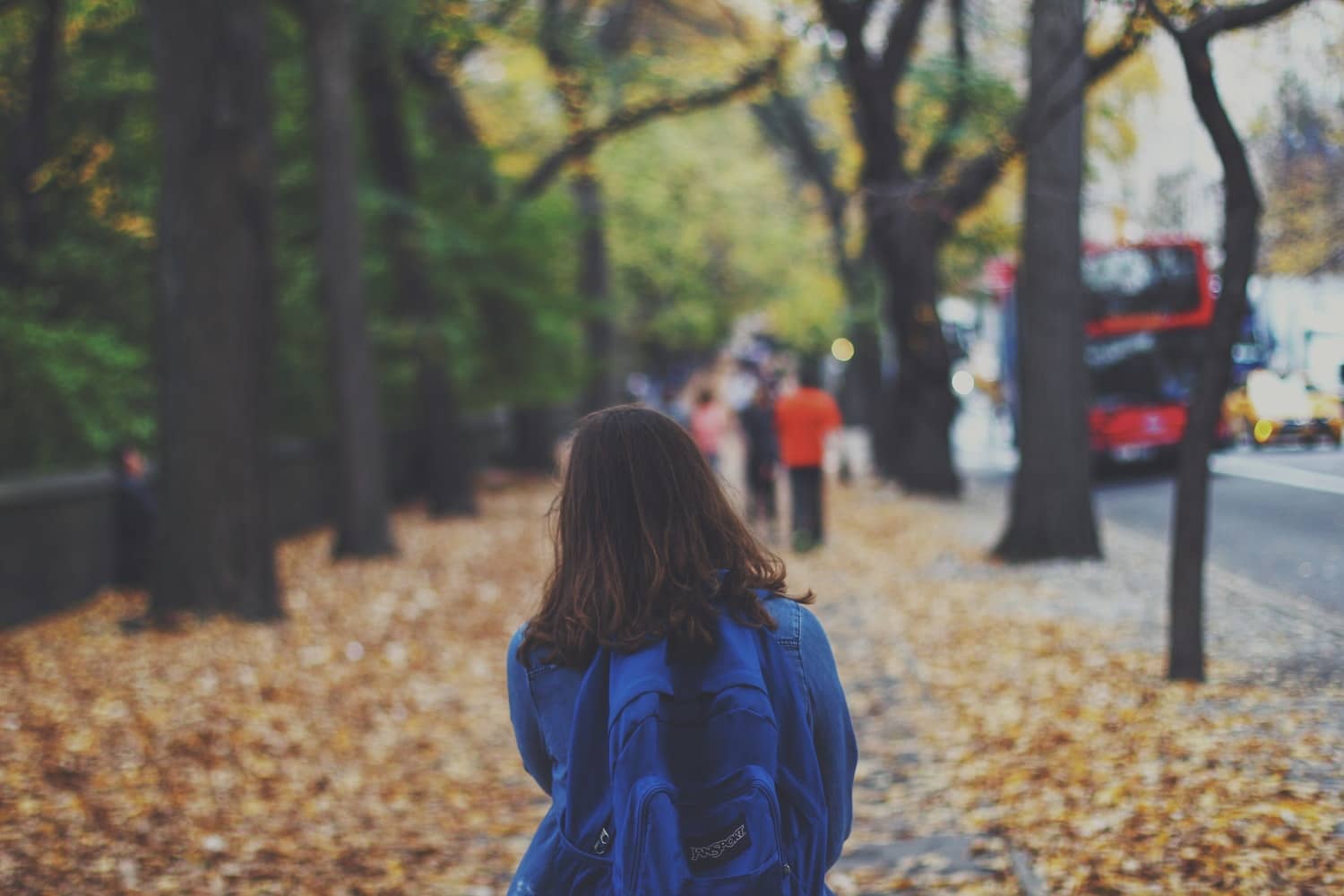As there has been some confusion regarding the return of university students to the Isle of Wight this Christmas, News OnTheWight sets out below the Government guidance and rules.
As part of the Government’s Winter Plan, the period from 3rd to 9th December, known as the ‘student travel window’, is when university students will be allowed to travel home, on staggered departure dates set by their universities.
Testing before travel
Students will have had reduced social contact during Lockdown #2 and before they are given the all clear to return home (from whatever Tier they are in), most will be asked to take two Covid-19 tests a few days apart.
Become part of household
Once students return home they will then be treated as part of the household on the Island until they return back to university.
This means they will not be treated as a separate household for the purposes of the Christmas bubble (more on that later).
No IW rapid testing of returning students planned
As students will most likely be travelling home on public transport, News OnTheWight asked Director of Public Health for the Isle of Wight, Simon Bryant, whether he is considering rapid testing of students on their return to the Island.
Appearing to miss the point of the question, he replied,
“We are not considering testing students on return as the programme is led by the respective universities where they are studying.”
Rapid testing at universities
The Government say 108 higher education institutions have signed up for the rapid testing programme, covering the majority of students expected to travel home for Christmas.
Tests will be offered to as many students as possible before they travel home, targeted using a range of factors including local prevalence rates, whether testing is available already, and the percentage of high-risk students in each institution.
If a student returns a positive test, they will still have time to self-isolate and then travel home safely from 23rd December (the Christmas bubble travel period),
Accuracy of rapid testing
News OnTheWight asked Simon Bryant how effective the rapid testing was. He replied,
“No test is perfect, so there will be some people who are infected but test negative for the infection. They are ‘false negatives’ – negatives because their test was negative, false because that negative result is in fact wrong.
“In this case, a negative test result indicates a reduced risk of Covid-19, but does not exclude Covid-19 and so it is important to inform those with a negative result that Covid-19 could have been missed – should they be falsely reassured and consider, for example, visiting elderly relatives, greater harm could occur.
“Then there are those who are ‘true negatives’, a measure of test specificity, to correctly identify those not infected.
“So, a test with a high specificity is relatively good news as it means relatively few people who do not have Covid-19 infection will have to isolate unnecessarily.
“However, it is important to remember that most of information on test accuracy comes from controlled laboratory studies, and tests often perform differently in real world use. “
Returning back to Uni
Following the end of term break, the Government is looking to make the return to higher education as safe as possible, and will provide further guidance in due course, considering future developments and the relevant scientific advice.
Image: Jake Ingle under CC BY 2.0




